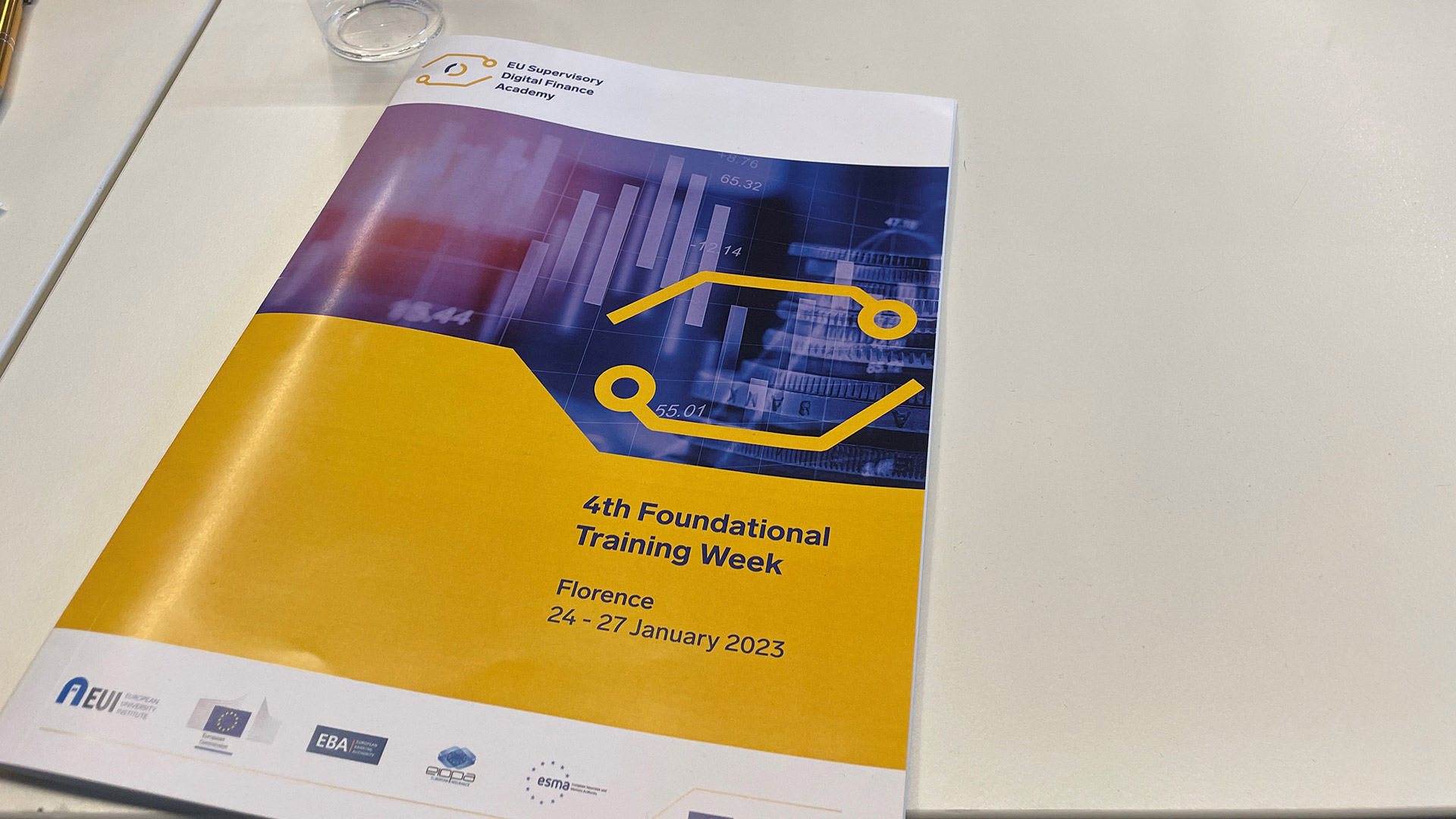
Read more
Foundational training
When
9 Dec 2024 - 12 Dec 2024


Read more
Foundational training
When
9 Dec 2024 - 12 Dec 2024

Read more
Foundational training
When
18 Nov 2024 - 21 Nov 2024

Read more
Foundational training
When
4 Nov 2024 - 7 Nov 2024

Read more
Foundational training
When
21 Oct 2024 - 24 Oct 2024

Read more
Foundational training
When
14 Oct 2024 - 17 Oct 2024

Read more
Foundational training
When
30 Sep 2024 - 3 Oct 2024